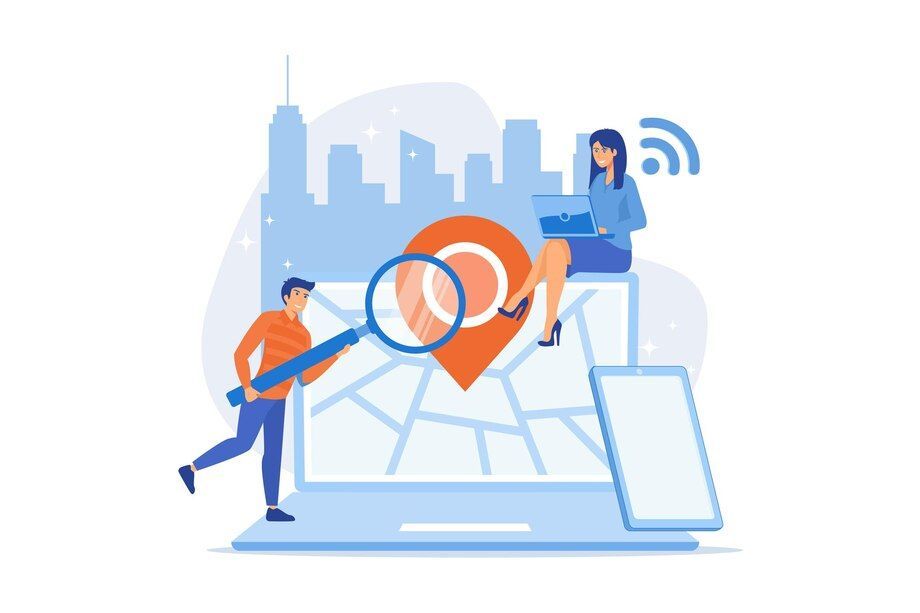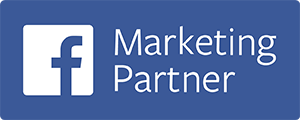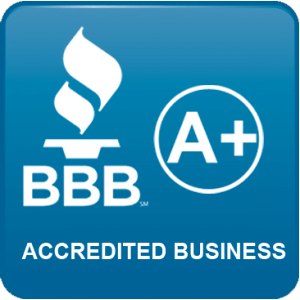How you could be optimizing your ads towards the wrong people

One of the issues we’re running into with building smarter audiences on Facebook
is the problem that Facebook can’t actually see and fully process the lead data.
We can make our targeted audiences smarter by telling Facebook to only show ads to the type of people it “thinks” are more likely to submit our lead form through Custom and Lookalike Audiences, especially if you receive at least 100 leads.
From there, Facebook is able to capture someone’s response when they fill out a lead form, generating a new lead, or user, for us to further target. But, if the people submitting the lead forms are not the type of people that we actually want, then you could be optimizing your ads towards the wrong people – and it will only get worse as the ads and audiences get smarter.
Sometimes we run into this issue when generating leads for wealth management companies.
For example, sometimes we get leads coming in that don’t qualify in terms of the amount of wealth that they have. This means, these people are filling out the form, but are not the users that we are hoping to hit, i.e. their wealth is not above a certain threshold.
Facebook doesn’t see this because they are not digging into the data within the submitted lead form.
In reality they may see this data, but they haven’t designed an interface where we can optimize our audiences based on how people actually answer the lead form. In other words, Facebook has not designed an interface that allows us to optimize our audiences based on lead form answers.
For instance, if our client is a wealth management company, and our lead form has a qualifying question that says, “Is your net worth over $1 million or under $1 million?”, and we really only want to target people that will submit over $1 million as the answer, it would be nice to tell Facebook to optimize the audience towards people that will only select that option in the form. But, because Facebook can’t see that option or doesn’t take the form responses into account to allow us to customize audiences based on form responses, we are unable to create a smarter audience based on lead form responses.
So, what do you do?
What we typically do is review all the leads that have come in over a period of 2 to 3 months, see which campaign, ad group or ad is generating the highest percentage of lead form responses that we want (over $1 million in the example above), and turn off the campaigns, ad groups or ads that are generating high percentages of lead form responses that we don’t want (below $1 million in our example above).
Because worst-case scenario is that Facebook starts to optimize the campaigns, ad accounts or ads to get more leads from the people that we don’t want.

SHARE ARTICLE
Schedule Your FREE 15-Minute Consultation
oUR rECENT bLOGS

In the ever-evolving digital landscape, 2025 marks a pivotal year for precision marketing. As consumers demand more personalized experiences, businesses must adapt by leveraging advanced technologies like geofencing and behavioral targeting. At DigitalTreehouse , a leading website development and marketing service company based in Franklin, TN, we specialize in crafting data-driven strategies that deliver measurable results. This comprehensive guide explores how these cutting-edge tools can revolutionize your marketing efforts.







